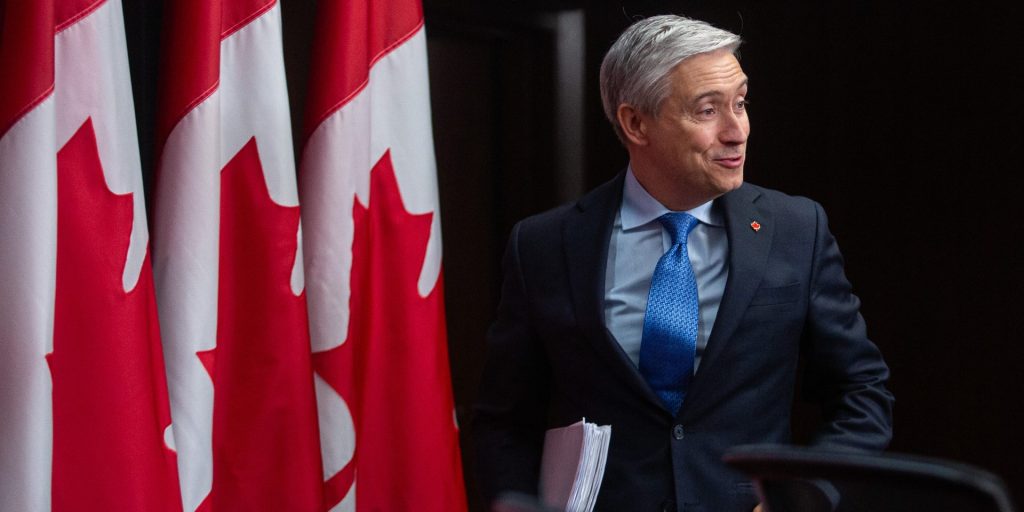Unlocking AI opportunities: Canada cannot do it alone

AI regulatory frameworks and technical standards should operate as seamlessly as possible across nations and regions.
Rethinking the government’s cloud technology

Government departments can invest to overcome technology shortfalls, improve cloud deployment, strengthen cybersecurity, and save millions of dollars in the process.
Artificial intelligence summit full of trite portent

There will surely be new rules made about AI over the next few years, and the leaders of the tech giants wanted to make sure they are in on the rule-making from the start.
Civil liberties groups give C-27 failing grade, call for AIDA to be ‘reset and reworked’ separately

The CCLA says the bill’s framing of Canadians as consumers places privacy rights second to private interests when it comes to artificial intelligence.
Do you want ChatGPT to decide if you get your government benefits?

Consultation and transparency will be critical for the federal government to ensure AI makes things better, not worse, for the delivery of public services.
International co-operation key to harnessing AI for good

The inaugural Global AI Safety Summit on Nov. 1-2 is a chance to share understanding of the risks posed by frontier artificial intelligence and the need for action to mitigate them.
Canadians demand privacy, transparency, and personal data control to build trust

People must have confidence and control over their identity data, and on the flip side, they must have evidence that their privacy, security and choices are secured.
‘The devil’s in the details, and we don’t have any’: critics, civil liberties groups decry feds’ lack of clarity on changes to privacy and AI bill

NDP MP Brian Masse calls the wait for the full text of the government’s amendments to Bill C-27 ‘disrespectful’ and an example of the ‘laziness’ that has been the Liberals’ ‘mortal and systemic weakness.’
AI is not intelligent and needs regulation now

The iterative nature of artificial intelligence means that without meaningful regulation, it will become easier for the average person to have the power to cause very serious public harm, should they so wish.
Are Canadians suffering a crisis of trust?

A new scholarly network will explore how engineers, scientists, and researchers can find ways of embedding trust into the technologies they are currently building.

